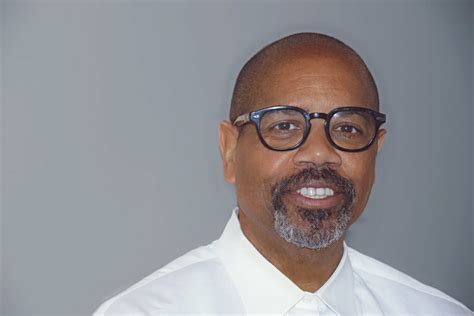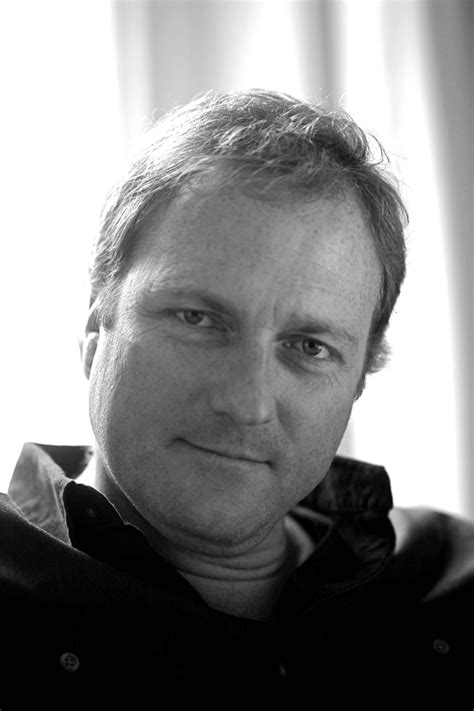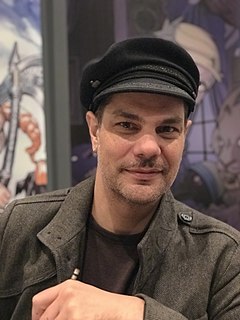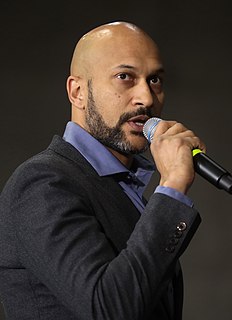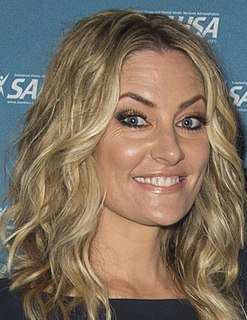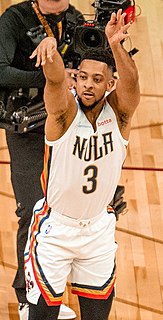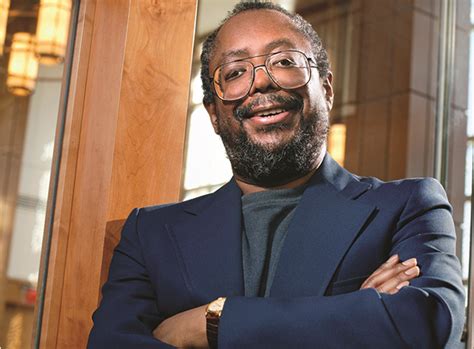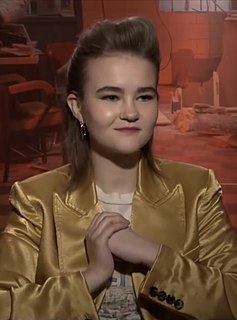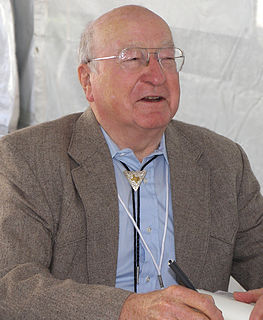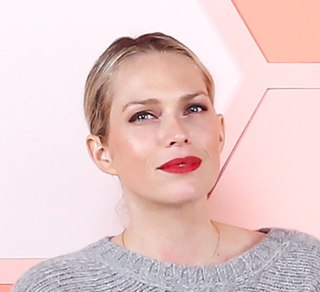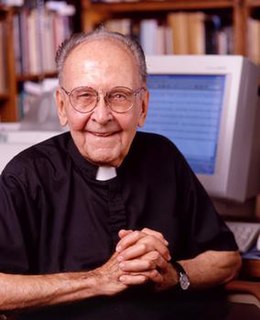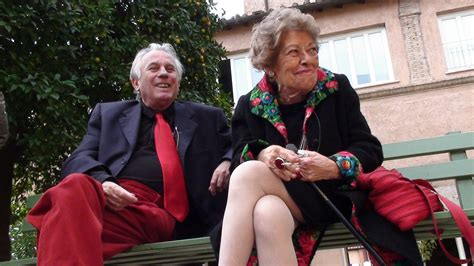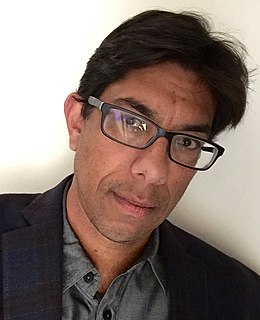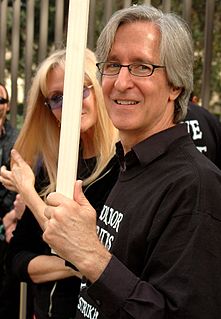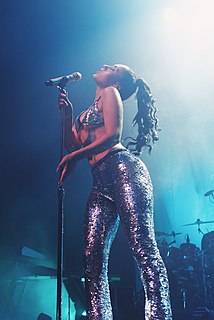Top 1200 Writing Stories Quotes & Sayings - Page 18
Explore popular Writing Stories quotes.
Last updated on April 21, 2025.
I was interested in writing a child's understanding of a cataclysmic event - something experienced in fragments, whispers, viewed from around corners - and it seemed to me a child would try to understand it through stories and games, which distort and change the experience, then become the experience.
Underground comics were striking in that they seemed largely unedited - in a typical book, with stories by five to ten creators, some stories would be shockingly bad, and others would be startlingly brilliant. This was a lively and exciting combination. The artwork and stories, good and bad, were all so different - I'd stare at the pages and lose track of time. This was a world where anything could happen, and I wanted to go there.
The secret to writing is writing. Lots of people I know talk about writing. They will tell me about the book they are going to write, or are thinking about writing, or may write some day in the future. And I know they will never do it. If someone is serious about writing, then they will sit down every day and put some words down on paper.
Stories hold power because they convey the illusion that life has purpose and direction. Where God is absent from the lives of all but the most blessed, the writer, of all people, replaces that ordering principle. Stories make sense when so much around us is senseless, and perhaps what makes them most comforting is that, while life goes on and pain goes on, stories do us the favor of ending.
A distinction must be made between that writing which enables us to hold on to life even as we are clinging to old hurts and wounds and that writing which offers to us a space where we are able to confront reality in such a way that we live more fully. Such writing is not an anchor that we mistakenly cling to so as not to drown. It is writing that truly rescues, that enables us to reach the shore, to recover.
When I did stand-up at U.C.B., and I had a blog for a couple of years that started my writing career, 'Totally Confident and Completely Insecure,' it was the same kind of self-deprecating humor and stories about being out in L.A. and being treated like a loser at a hair salon because you are not famous.
I don't think you could teach someone to be a genius, but you can certainly teach them to not make rookie mistakes and to look at writing the way a writer looks at writing, and not just the way a reader looks at writing. There are a lot of techniques and skills that can be taught that will be helpful to anybody, no matter how gifted they are, and I think writing programs can be very good for people.
Don't wait for success, but for the respect and interest of those who read you. At the start it could be a classmate, someone who shares your interests. Before sending off the manuscript for a novel to a publishing house, it would be a good idea to try writing short stories, and publishing them in a local magazine.
All three of my books, "Perfume Dreams: Reflections on the Vietnamese Diaspora," "East Eats West: Writing in Two Hemispheres," and "Birds of Paradise Lost," are immigrant narratives - their dreams, their traumas, their struggles - and I write them with the confidence that these stories, written from the heart, will belong, in time, to America.
It's possible I'm a weird person, you know, and if I could only write for people who are like me, I wouldn't have any audience at all. Ultimately, I'm my audience. I'm writing stories for myself. I don't have kids of my own, and I don't hang around kids all that much. Maybe that puts me at a disadvantage.
I was a very creative child. I played the saxophone and piano, and I was always writing poetry and stories, or drawing in my notebook. I just tried to express myself through as many creative outlets as possible. And in high school, I started to get really into photography and videography and would spend hours working on it.
I write for kids because I think the most interesting (and most humorous) stories come from people's childhoods. When I was writing 'Diary of a Wimpy Kid,' I had a blast talking on the phone to my younger brother, Patrick, remembering all of the things that happened to our family when we were growing up.
You look at the Koran or the Bible, they all tell the same stories. You see them as the stories of the Middle East. The stories reflect who these people were in the Middle East, and this is where Western culture came from. All our literature is basically influenced by these great myths. So I'm fascinated by it. You could almost say I'm obsessed with it. But if you're asking about the effect of religion on my life - almost everything I do is opposed to the practice of religion.


